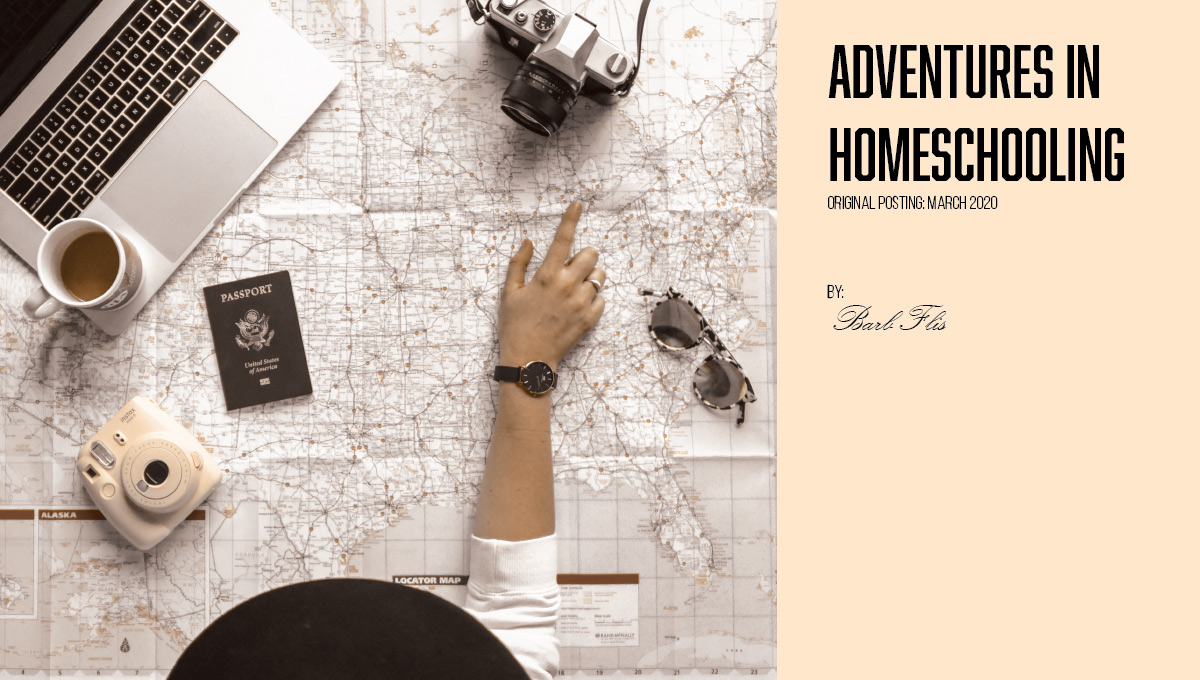Parents are being bombarded right now with tips and resources from school, educational organizations, parent groups and even grandma/grandpa. While these are very well intended and useful, parents are feeling overwhelmed and pressured to continue the classroom in their home. And when they aren’t pulling off a well-structured day of “classroom” learning, while trying to “work from home,” a whole range of emotions emerge from frustration to feelings of inadequacy as a parent. Ugg, even shame creeps in!
In unprecedented times like this, the wisest thing to do is keep it simple. If you are a classroom teacher, then be a classroom teacher and if you are a parent, then be a parent. The lessons learned in the classroom and the lessons learned at home are equally important and have profound affects for our children’s future. One way of learning is temporarily stalled, and that’s unfortunate. However, in a weird turn of events, that loss can be a huge gain for children and families. Families have a choice. They can keep trying to be something they are not, or they can do what they know and be a family. Look at this as an adventurous vacation – family time that is a roller coaster ride full of fun, a little scary at times and when its over a lifetime of great memories of being with family. This I know for sure, love transcends fear every time!




